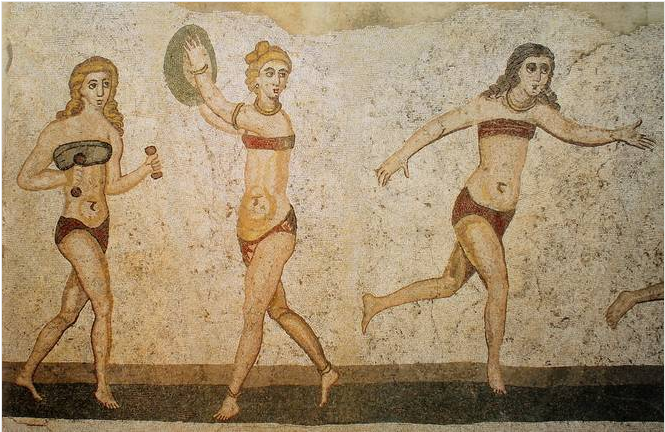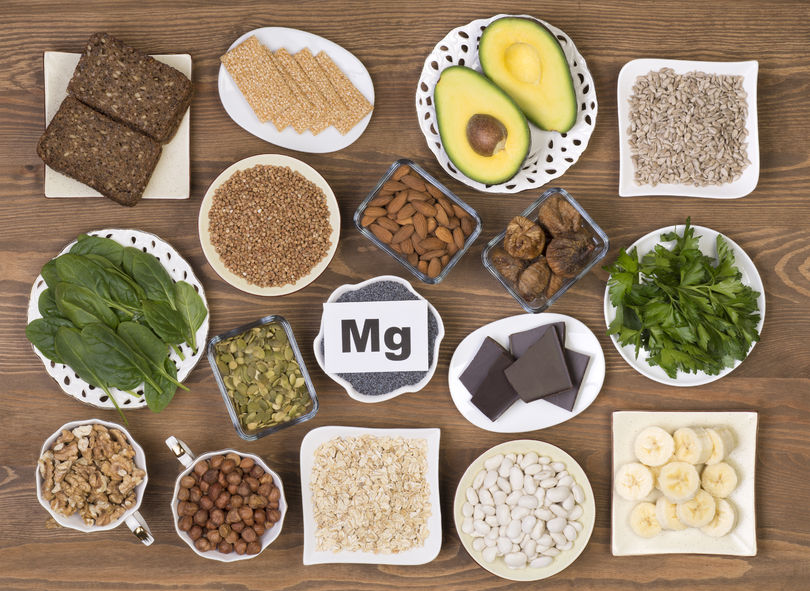Everyone knows the advantages of staying active, but new research is providing further evidence for how its scope of benefits can be expanded. A comprehensive new study reported in The New York Times found that in addition to its known benefits, exercise also has the potential to significantly reduce any risk of developing 13 types of cancer. The study, published in JAMA Internal Medicine involved scientists within the Division of Cancer Epidemiology and Genetics at the National Cancer Institute, along with Harvard Medical School and a number of institutions worldwide that have a large amount of epidemological health studies conducted throughout the United States or Europe.
Each of these institutions looked at 12 large scale studies and this involved around 1.44 million participants. The researchers examined the type of exercise, along with how often and how vigorously it was performed. They also looked at the study’s start, on whether and when the participant had been diagnosed with cancer. After using the elaborate statistical methods, they found that the role of exercise in particular along with brisk walking, jogging or other forms of vigorous activity could also play an important role in people’s risk of cancer.
What the researchers found is that those who exercised moderately even if this wasn’t done regularly, became significantly less likely to be at risk of developing 13 types of cancer, as compared to thsoe who didn’t partake in exercise. There was found to be a decreased association with breast, colon and lung cancers, along with reduced risk of tumors in other areas such as the blood, bladder, bone marrow, endometrium, esophagus, kidney, stomach, head, neck and rectum. The researchers discovered that the more exercise that was involved, the more the risk of getting cancer was reduced, from the top 10% to the bottom 10% of exercisers – showing a risk reduction of about 20%. This is further supported by a researcher from the National Cancer Institute along with a study leader who found that factors playing a significant role in the risk of cancer included digestion, energy balance, hormone levels and inflammation.
Physical activity is vital to improving health and wellbeing in the long term and keeping your body in an alkaline state. When accompanied by a healthy diet consisting of whole living foods on a daily basis, this is when the real change can begin and lasting positive changes start to become evident. It doesn’t have to be strenous either – walking every day, cycling a couple of times a week, choosing to take the stairs instead of the elevator – all of these activities can have a beneficial impact on our physical health. The key is to get stareted and to get moving daily.
Anyone looking for a dedicated Cancer health plan can find out more information here. For personalised health coaching to improve your cellular health a Good Health Coach from Good Health Coaching Centers (GHCC) is recommended as they will be able to assist you towards finding a personalised health solution that easily fits into your lifestyle. Go to Good Health Coaching Centers to get started.
Recommended Examples
 1st Line Kit can support a healthy immune system response and promote better defense against bacteria, viruses, colds, flu, yeasts and funghi. It also provides strong immunity at the first sign of infection.
1st Line Kit can support a healthy immune system response and promote better defense against bacteria, viruses, colds, flu, yeasts and funghi. It also provides strong immunity at the first sign of infection.
 ‘Cancer Cell Rehabilitation in 30 Days’ by Robert Redfern of Naturally Healthy Publications is highly suggested reading as it provides guidance of how to follow a naturally healthy diet and lifestyle plan to prevent cancer in the long term. It also includes a 30 day health rehabilitation plan to get started with putting your body back into a healthy stat of balance.
‘Cancer Cell Rehabilitation in 30 Days’ by Robert Redfern of Naturally Healthy Publications is highly suggested reading as it provides guidance of how to follow a naturally healthy diet and lifestyle plan to prevent cancer in the long term. It also includes a 30 day health rehabilitation plan to get started with putting your body back into a healthy stat of balance.





